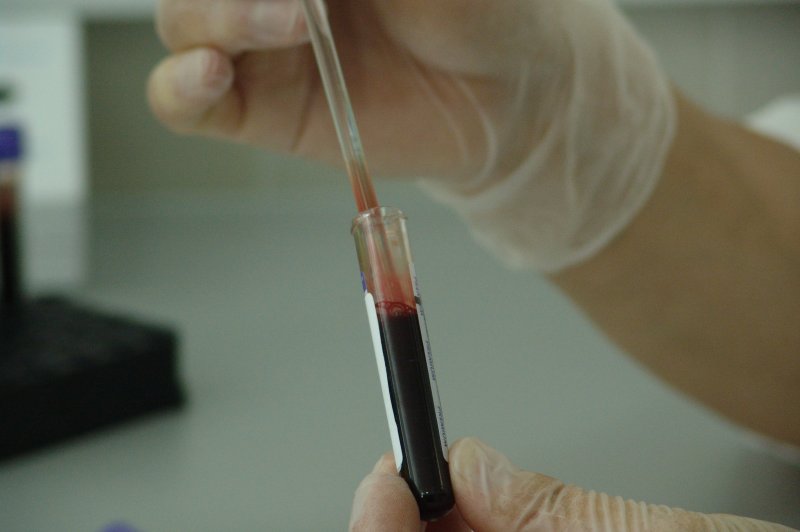A study found more frequent prostate screening was not associated with improved survival among patients after treatment of the disease. Photo courtesy of Pxhere
June 4 (UPI) -- Frequent prostate screening was not associated with improved survival among patients after treatment, researchers report in a newly published study.
Researchers at the University of North Carolina Lineberger Comprehensive Cancer Center analyzed nearly 10,477 prostate cancer patients from 1,007 sites in the United States between 2005 and 2010. They presented the findings at the American Society of Clinical Oncology Annual Meeting in Chicago on Friday.
The researchers found that survival risk was not significantly different for prostate-specific antigen monitoring every three months when compared with screening once a year. The findings were adjusted for age, race, treatment, comorbidity score, facility type, census track education and income.
"This suggests that for prostate cancer patients, once-a-year monitoring may be enough," study co-author Dr. Ronald C. Chen, associate professor in the UNC School of Medicine Department of Radiation Oncology, said in a press release.
The study included 4,088 low-risk, 3,241 intermediate and 3,148 high-risk patients with a median age of 64 and follow-up median of eight years in the National Cancer Data Base.
During the last follow-up, 17 percent of low-risk patients died, compared with 33 percent of intermediate risk and 50 percent of high risk.
The PSA test is used to check regularly to look for recurrence for patients who have surgery or radiation
"If more frequent testing does not help patients live longer, then it can actually harm the patient in terms of the cost of testing, and causing stress and anxiety," said study co-author Dr. Ramsankar Basaks, of North Carolina School of Medicine. "We hope that results of this study will help change future guidelines on monitoring of prostate cancer patients after treatment."
Among men, prostate cancer is the second-leading cause of death -- 29,430 each year -- behind lung cancer, according to the American Cancer Society.
In May, United States Preventive Services Task Force updated its prostate cancer screening guidelines, recommending the test should be an individual decision for men between age 55 and 69 and advising men older than 70 skip it altogether.















